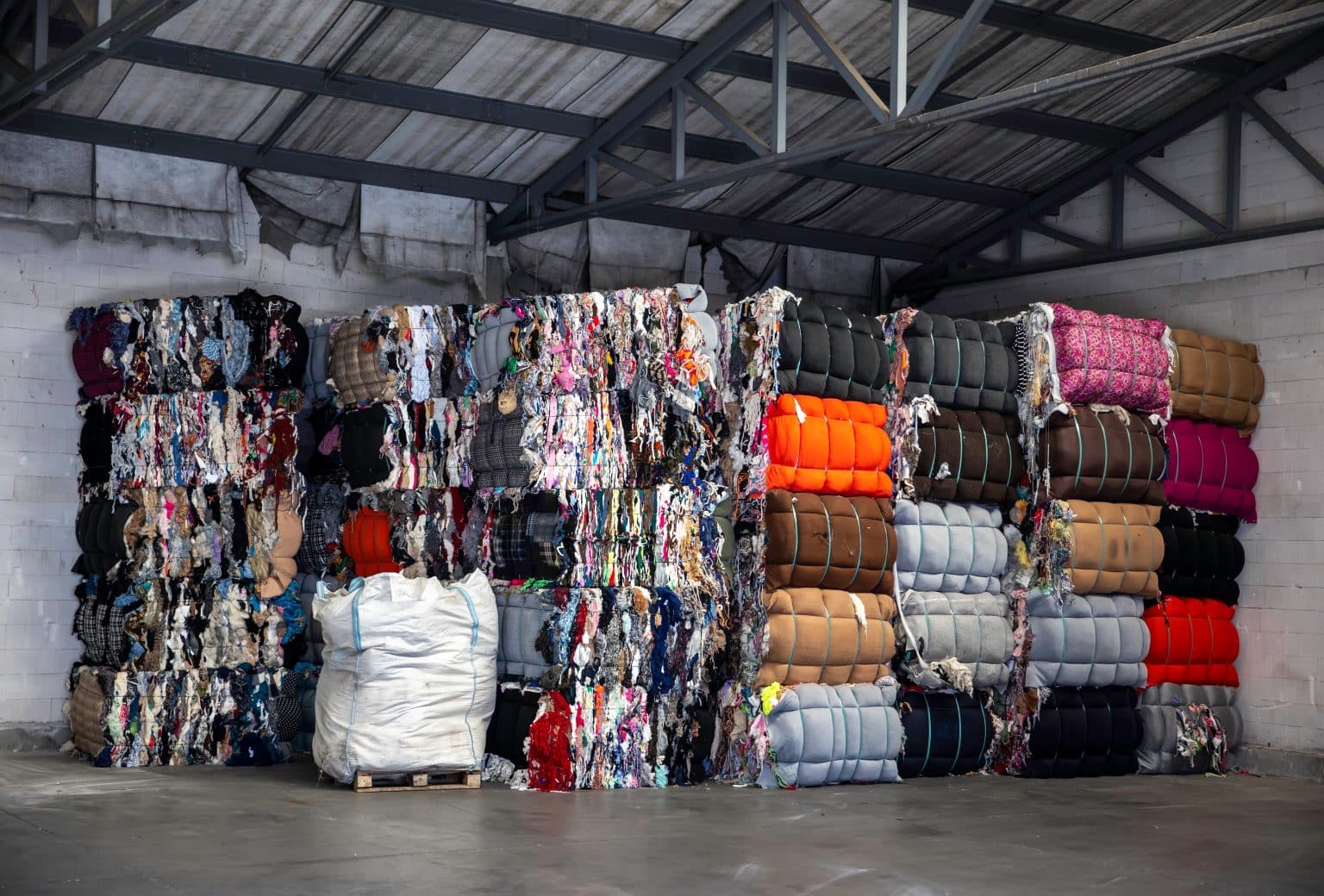Goodwill, North America’s largest non-profit workforce development network and secondhand retailer, has joined forces with Reju, a textile regeneration company, and WM, a leading environmental solutions provider, in a multi-year initiative to enhance textile recycling across North America. The project aims to divert nonwearable textiles from landfills, repurposing them for recycling or reuse, and is set to create a framework for sustainable textile collection and recycling across the region.
The announcement comes amid concerning statistics from the Textile Exchange’s annual Materials Market Report, which noted that of the 124 million tonnes of textiles produced globally in 2023, less than 1% were recycled. Goodwill, Reju, and WM’s collaboration seeks to improve these figures by developing new regional systems for textile recovery and recycling, helping discarded textiles find “next best use” through resale or regeneration.
Goodwill, with its extensive network of over 3,300 stores and donation centres in the U.S. and Canada, is positioned to serve as a collection point for discarded textiles, reaching 83% of the U.S. population. The organisation has been a pioneer in circularity for over 120 years, recovering the value of over 4.3 billion pounds of donated goods in 2023 alone. The initiative aims to extend the lifecycle of textiles that cannot be resold by using them as feedstock for recycling, further supporting Goodwill’s mission to provide job training, placement, and essential services for those facing employment challenges.
Steve Preston, president and CEO of Goodwill Industries International, commented, “With our legacy in circularity, we’re working to place Goodwill at the forefront of textile recycling and recovery. We want to become a preferred partner for brands, retailers, technology companies, and governmental organisations.” The collaboration builds on research funded by the Walmart Foundation, through which Goodwill assessed the fibre composition of unsold textiles to develop effective recycling solutions.
As part of the initiative, Reju, co-owned by Technip Energies and rooted in IBM research, will contribute its advanced textile-to-textile regeneration technology. This system aims to transform nonwearable textiles into recyclable material, beginning with polyester. The company’s flagship product, Reju Polyester, has a 50% lower carbon footprint than virgin polyester and can be regenerated infinitely. Following the recent opening of its demonstration plant, Regeneration Hub Zero, in Frankfurt, Reju expects production of recycled polyester (Reju PET) to commence in 2025.
Patrik Frisk, CEO of Reju, stressed the importance of partnership for success: “To tackle the issue of discarded textiles, radical collaboration is essential. Through our work with Goodwill and WM, we are creating the ecosystem needed to achieve textile circularity.” The collaboration between Goodwill and WM will involve collecting, sorting, and grading textiles for resale, with non-reusable items supplied to Reju as feedstock for recycling.
Goodwill’s national network plays a key role in the circular economy, and its new sustainability steering committee—comprised of leaders from local branches across North America—will guide this project. Colleen Morrone, head of Goodwill’s Sustainability Committee, noted the organisation’s commitment to “finding the highest use” for all donated items. As extended producer responsibility (EPR) laws continue to grow, Goodwill aims to work closely with brands to develop new methods of managing textile waste.
This initiative is expected to generate jobs and increase funding for Goodwill’s workforce development services, which serve over 1.7 million people each year.




